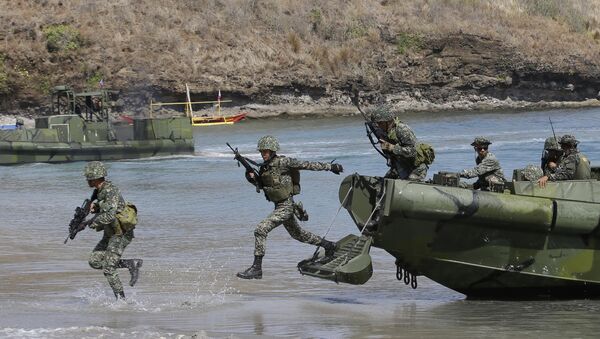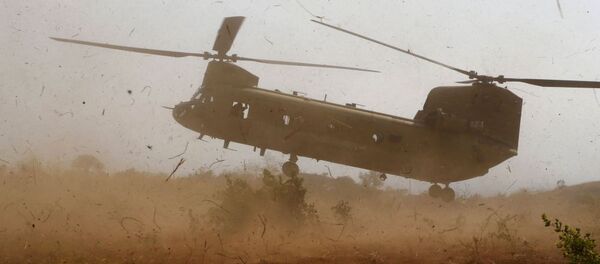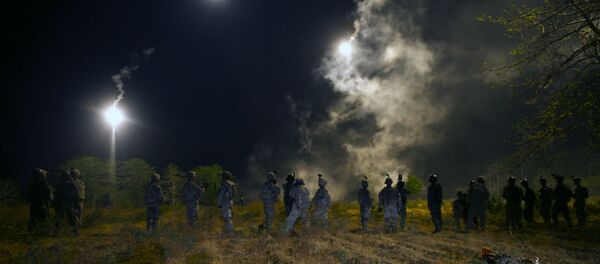The annual Balikatan exercises will involve 55 US aircraft operating alongside Manila fighter jets. The Philippines recently acquired a number of ships from the US Navy which may also participate in the games.
Unlike in previous years, this year’s Balikatan will include the delivery of an anti-aircraft gun called the High Mobility Artillery Rocket System (HIMARS). Sold to Manila by Washington, the system will be stationed on the Philippines’ westernmost island of Palawan.
More so than in past military games, the next 11 days appear to be a clear show of force against a rising China.
"Looking at the features of Balikatan – the mobile missile-launchers, the fighter planes – that is an indication that the alliance is being geared for territorial defense," said Rene de Castro, an international studies professor at the De La Salle University, according to Defense News.
Richard Javad Heydarian, also of De La Salle University, added that the drills "aim to enhance interoperability among allies nations and signal their preparedness to confront China if necessary."
Officials in Washington and Manila stress that the exercises are not aimed at any one country, and only meant as a show of bilateral support.
A highly contested region through which nearly $5 trillion in trade passes annually, China lays claim to most of the South China Sea, though there are overlapping claims by Vietnam, the Taiwan, Brunei, Indonesia, and the Philippines.
Tensions are high over Beijing’s construction of artificial islands in the Spratly archipelago. While China maintains that it has every right to build within its own territory, the US and its Pacific allies have accused Beijing of trying to establish an air defense zone.
The United States has no territorial claims in the region, though it has recently reached a deal to operate five military bases in the Philippines, only 24 years after Manila shuttered all permanent US bases.
The Pentagon has carried out two provocative freedom of navigation exercises within the territorial limits of Beijing’s land reclamation projects. On Friday, the US Navy announced that it plans to conduct a third.
"We routinely conduct such operations throughout the world to challenge maritime claims that would unlawfully restrict rights and freedoms provided in international law," a senior Obama official said on Saturday, speaking on condition of anonymity.
Beijing opposes the operations.
"China consistently respects and supports the freedom of navigation and flyover that all countries’ enjoy in the South China Sea under international law," said Chinese Foreign Ministry spokesman Hong Lei, “but resolutely opposes any country using so-called 'freedom of navigation' as an excuse to damage China’s sovereignty, security and maritime rights."





